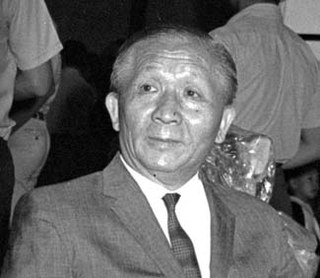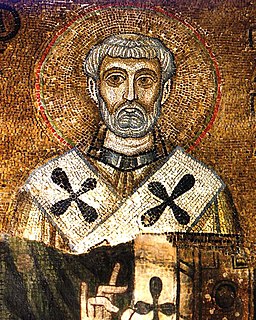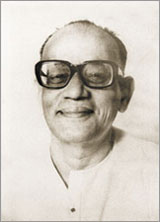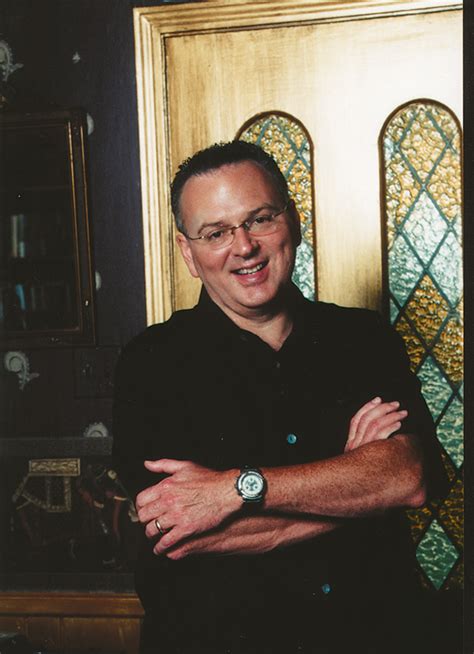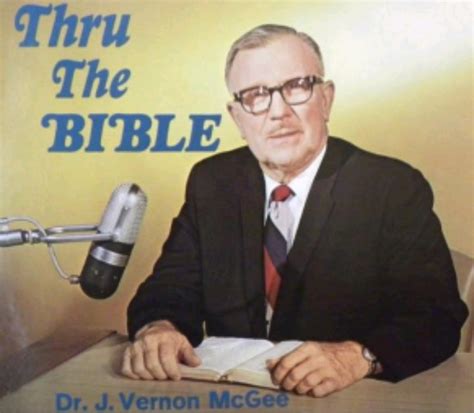A Quote by John Locke
If you punish him for what he sees you practise yourself, he... will be apt to interpret it the peevishness and arbitrary imperiousness of a father, who, without any ground for it, would deny his son the liberty and pleasure he takes himself.
Related Quotes
When the father dies, he writes, the son becomes his own father and his own son. He looks at is son and sees himself in the face of the boy. He imagines what the boy sees when he looks at him and finds himself becoming his own father. Inexplicably, he is moved by this. It is not just the sight of the boy that moves him, not even the thought of standing inside his father, but what he sees in the boy of his own vanished past. It is a nostalgia for his own life that he feels, perhaps, a memory of his own boyhood as a son to his father.
You cannot show real respect to your parents by perpetuating their errors.... Do you consider that the inventor of a steel plow cast a slur upon his father who scratched the ground with a wooden one? I do not consider that an invention by the son is a slander upon the father; I regard each invention simply as an improvement; and every father should be exceedingly proud of an ingenious son. If Mr. Talmage has a son, it will be impossible for him to honor his father except by differing with him.
The Son is called the Father; so the Son must be the Father. We must realize this fact. There are some who say that He is called the Father, but He is not really the Father. But how could He be called the Father and yet not be the Father?... In the place where no man can approach Him (I Tim. 6:16), God is the Father. When He comes forth to manifest Himself, He is the Son. So, a Son is given, yet His name is called 'The everlasting Father.' This very Son who has been given to us is the very Father.
It is not the right of property which is protected, but the right to property. Property, per se, has no rights; but the individual - the man - has three great rights, equally sacred from arbitrary interference: the right to his life, the right to his liberty, the right to his property The three rights are so bound together as to be essentially one right. To give a man his life but to deny him his liberty, is to take from him all that makes his life worth living. To give him his liberty but take from him the property which is the fruit and badge of his liberty is to still leave him a slave.
The boy will remain a son and never become a father. He will be forgotten by the crowd once his blood is rinsed clean from the ground; his sister will think of him but soon she will forget him, too. He will live on only in Han's memory, a child punished not for his own insincerity but someone else's disbelief.
A father would do well, as his son grows up, and is capable of it, to talk familiarly with him; nay, ask his advice, and consult with him about those things wherein he has any knowledge or understanding. By this, the father will gain two things, both of great moment. The sooner you treat him as a man, the sooner he will begin to be one; and if you admit him into serious discourses sometimes with you, you will insensibly raise his mind above the usual amusements of youth, and those trifling occupations which it is commonly wasted in.
And he arose and came to his father. But while he was still a long way off, his father saw him and felt compassion, and ran and embraced him and kissed him. And the son said to him, 'Father, I have sinned against heaven and before you. I am no longer worthy to be called your son. But the father said to his servants, 'Bring quickly the best robe, and put it on him, and put a ring on his hand, and shoes on his feet. And bring the fattened calf and kill it, and cet us eat and celebrate. For this my son was dead, and is alive again; he was lost, and is found.' And they began to celebrate.
... if we say that the Father is the origin of the Son and greater than the Son, we do not suggest any precedence in time or superiority in nature of the Father over the Son (cf. Jn. 14:28)? or superiority in any other respect save causation. And we mean by this, that the Son is begotten of the Father and not the Father of the Son, and that the Father naturally is the cause of the Son.
Ironically, it was the father's blessing that actually "financed" the prodigal son's trip away from the Father's face! and it was the son's new revelation of his poverty of heart that propelled him back into his Father's arms. Sometimes we use the very blessings that God gives us to finance our journey away from the centrality of Christ. It's very important that we return back to ground zero, to the ultimate eternal goal of abiding with the Father's in intimate communion. (pg. 243)
Nothing is more despicable than the old age of a passionate man. When the vigour of youth fails him, and his amusements pall with frequent repetition, his occasional rage sinks by decay of strength into peevishness; that peevishness, for want of novelty and variety, becomes habitual; the world falls off from around him, and he is left, as Homer expresses it, to devour his own heart in solitude and contempt.
In the Old Testament…God is the owner of the vineyard. Here He is the Keeper, the Farmer, the One who takes care of the vineyard. Jesus is the genuine Vine, and the Father takes care of Him…In the Old Testament it is prophesied that the Lord Jesus would grow up before Him as a tender plant and as a root out of the dry ground. Think how often the Father intervened to save Jesus from the devil who wished to slay Him. The Father is the One who cared for the Vine, and He will care for the branches, too.



